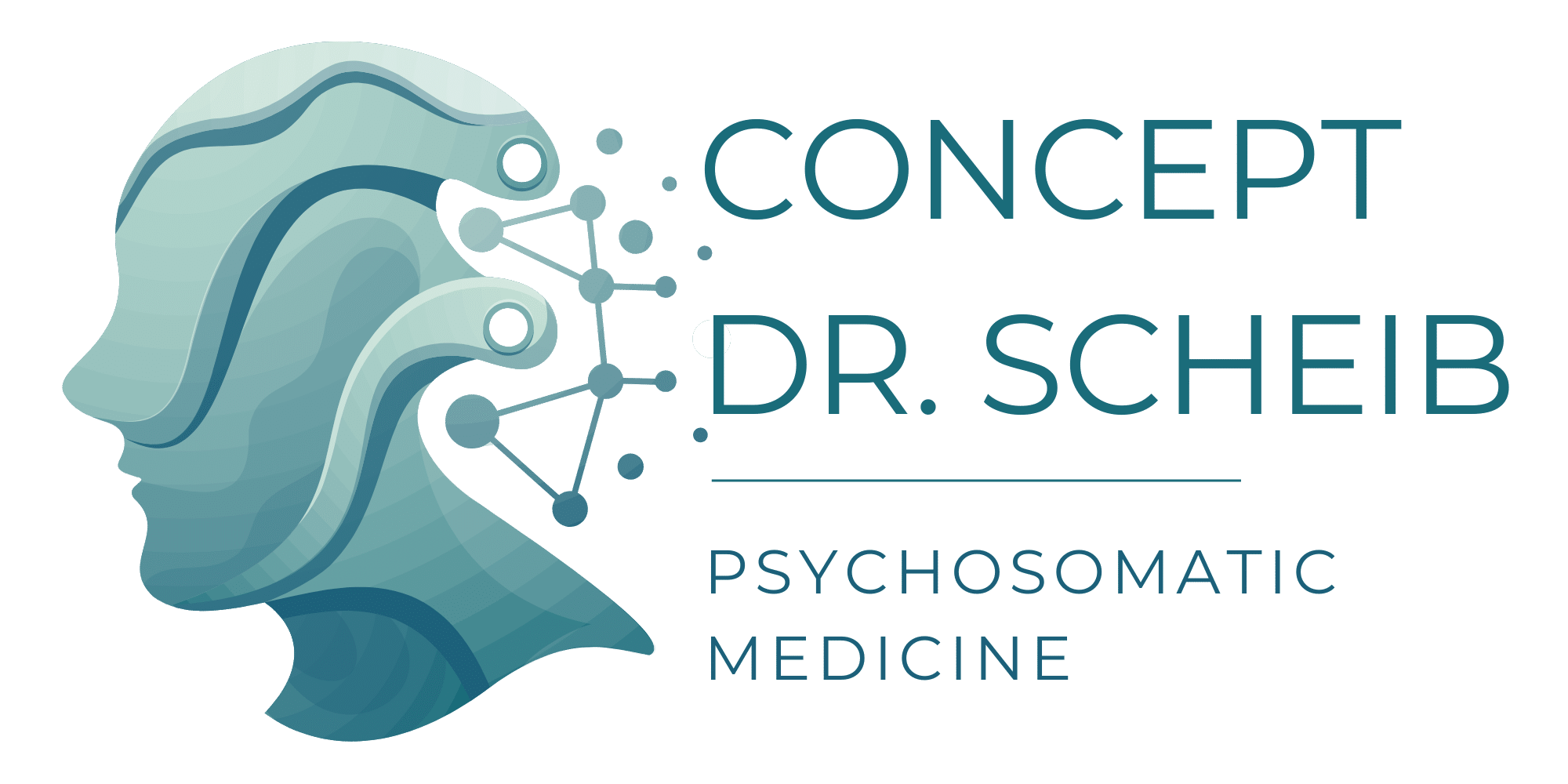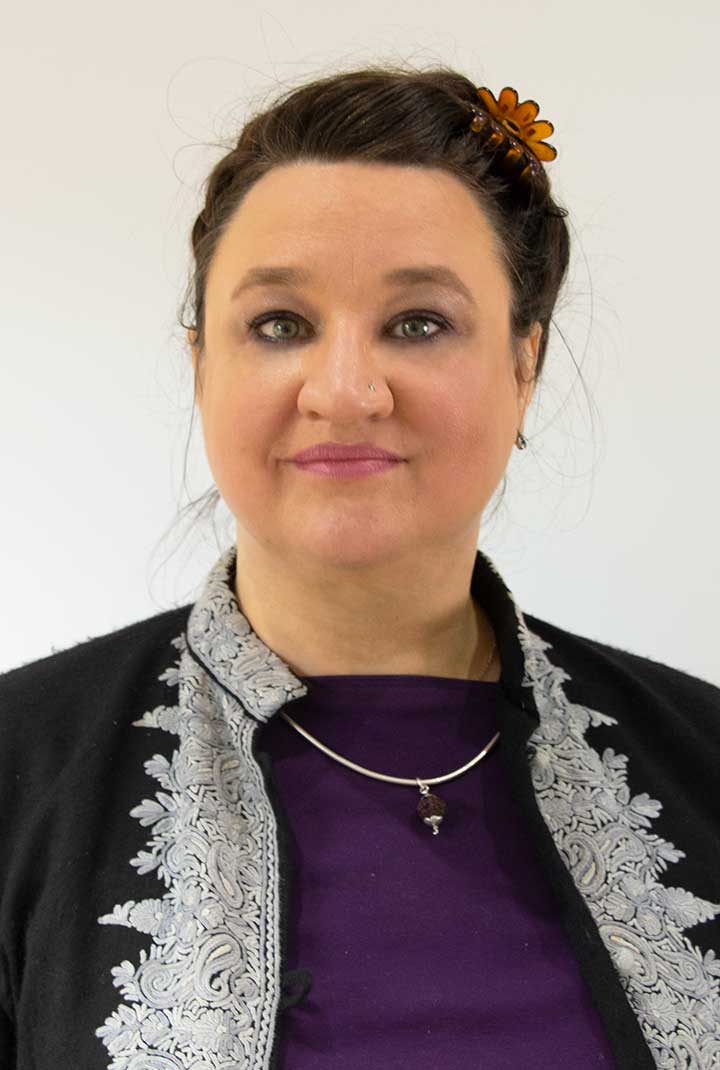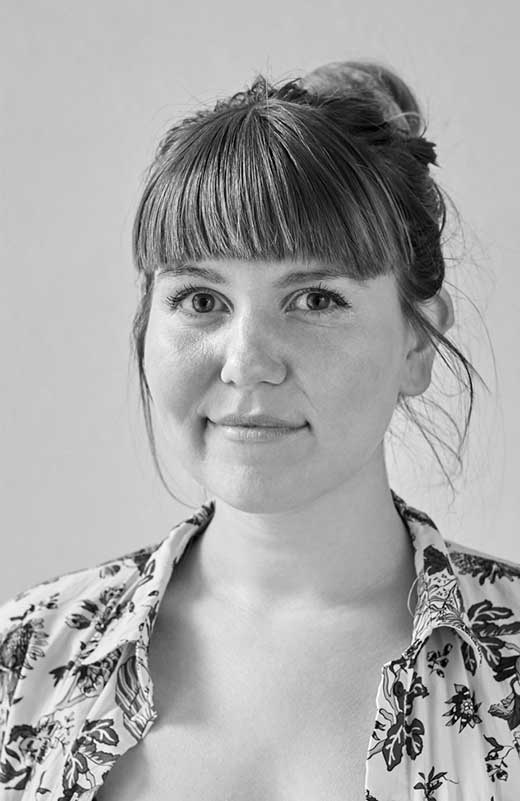Psychotherapy
Psychotherapy in Mallorca and Andalusia
A central component of our treatments is psychotherapy in Majorca and Andalusia for patients with psychological and psychosomatic disorders. Patients learn through psychotherapy to change their behavior and attitudes and to find new ways of living.
In psychodynamic or depth psychology-based psychotherapy, unconscious conflicts are uncovered and worked on together with the therapist. It is based on psychoanalysis and its further developments. Psychotherapy is about working through experiences and developments in our lives that lead to problems in the present.
Behavioral therapy is about learning new ways of behaving and seeing things. Learned attitudes and behaviors from the past are intended to be changed. Behavioral therapy is based on the findings of learning psychology.
Our cooperation partner Bibi Zazai offers child and adolescent psychotherapy on Mallorca.
More information about psychotherapy for children and adolescents.
Psychotherapy in combination with Ketamine infusions
In both psychotherapeutic methods the intensity plays a big role, especially at the beginning of the treatment. In all learning processes – and any kind of psychotherapy is a learning process – should be started at high intensity, several hours per week. At our clinic in Majorca, we usually offer our patients two hours of psychotherapy per day during our intensive therapies.
The intensity of psychotherapy is individually tailored to the patient in outpatient treatments. Depending on the patient’s possibilities, we try to hold several therapy sessions per week.
Psychotherapy helps to permanently stabilize the effect of ketamine treatment. The improved neuroplasticity, i.e. the creation of new neuronal connections in the brain after ketamine infusions, provides for psychotherapy having a faster and, above all, more lasting effect.
Our psychotherapy consists mainly of behavioral therapy. Cognitive behavioral therapy is particularly concerned with identifying unhealthy or dysfunctional thought processes and replacing them with new, healthier ones. For example, imagining certain situations can already trigger anxiety and avoidance behaviors. If these ideas can be changed, the avoidance behavior can also be abandoned.
Exposure training is used in the treatment of anxiety and compulsions. This can include exposure to virtual reality. In this process, the patient learns to face anxiety-provoking situations while enduring and reducing his or her own anxiety.
In trauma therapy (post-traumatic stress syndrome or PTSD), a specially adapted therapy method is used: EMDR (Eye Movement Desenitization and Reprocessing). Here, after finding an emotionally safe place, traumatic situations are intentionally recalled and emotionally altered through bilateral stimulation, such as rapid eye movements. The procedure is classified by the WHO as one of the most effective methods of trauma therapy.
For children and adolescents, we offer special therapy programs with our child and adolescent psychotherapist in Mallorca and Andalusia, which can also involve the family.
For more information or to make an appointment for a psychotherapeutic evaluation interview with our therapists:


























